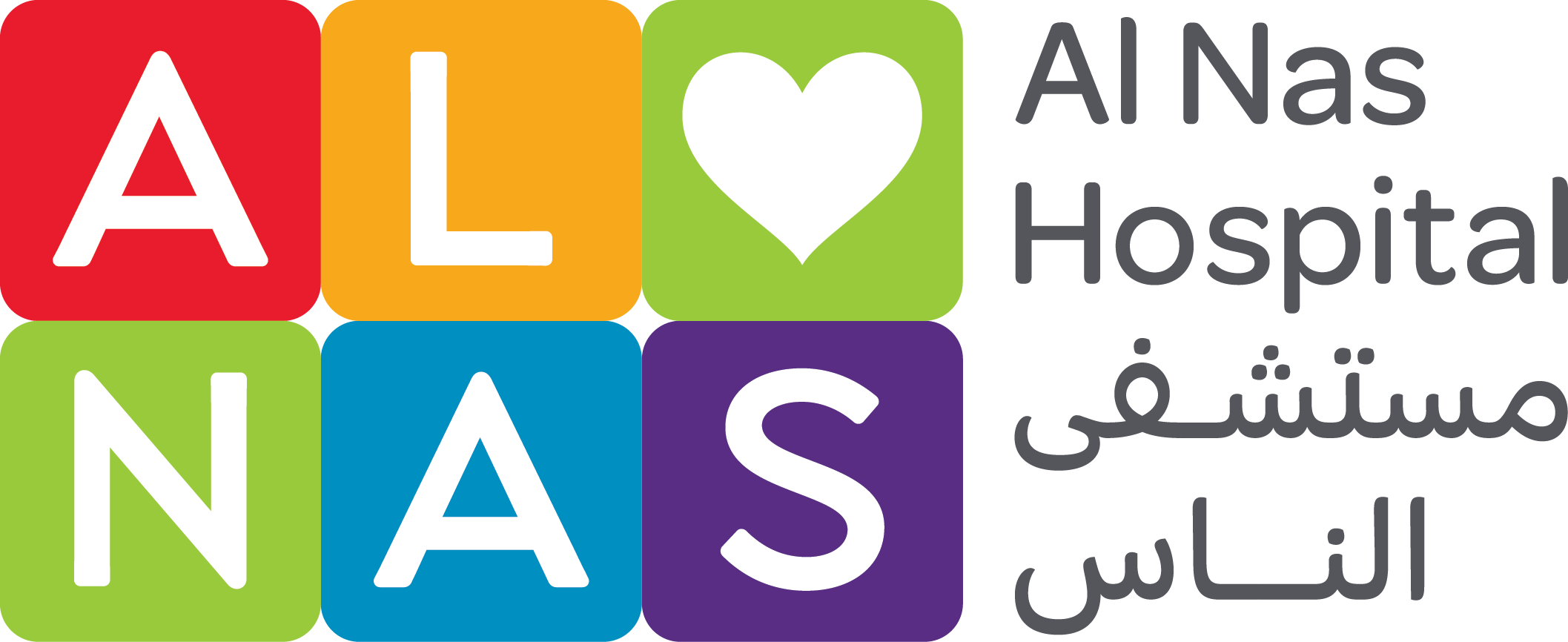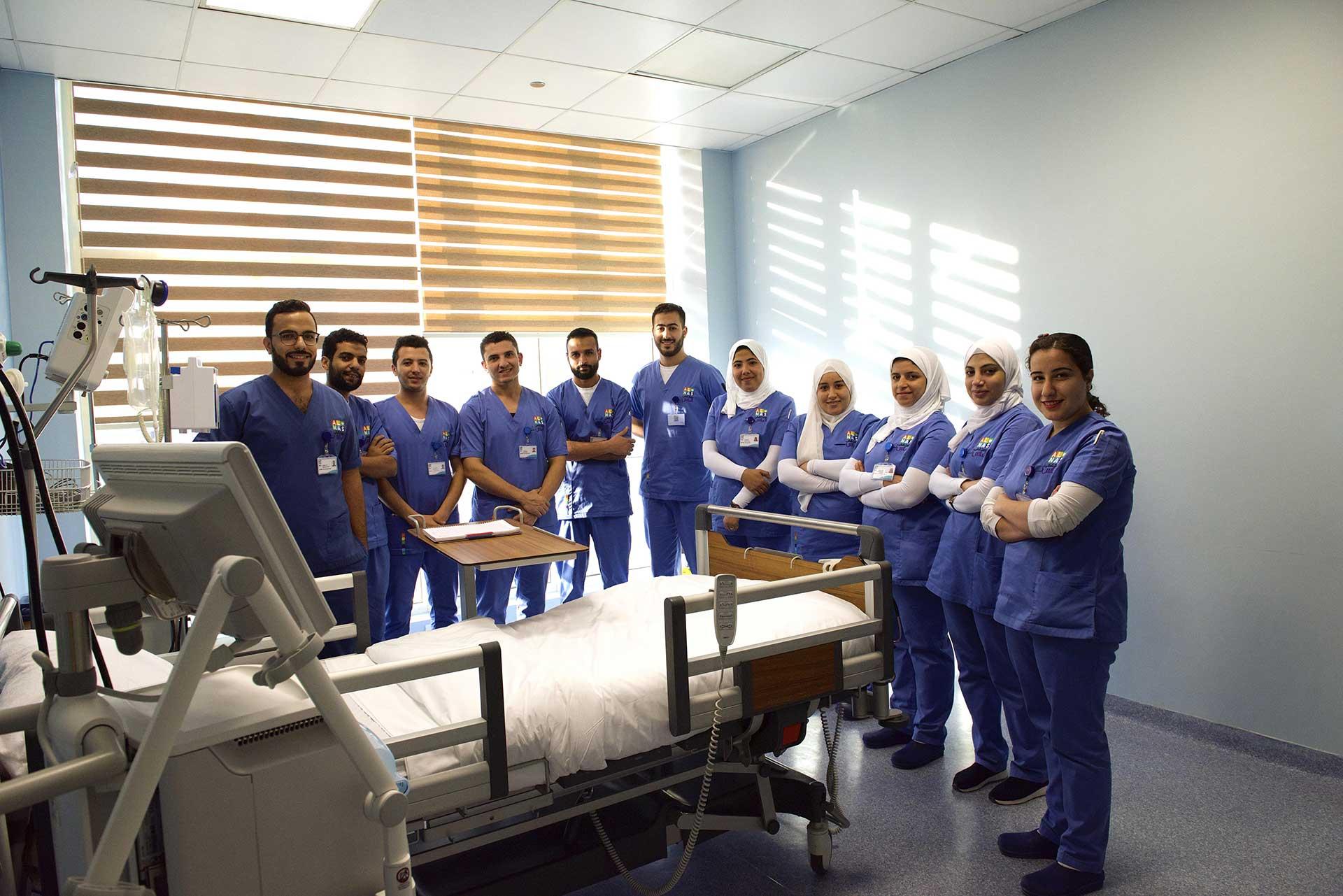Adult Cardiology
Adult Cardiology
1- TAVI program
Program Director: Dr. Ahmed Adel - Dr. Mohamed Hasan
Program Coordinator: Dr. Mostafa Abd Rabo
Program Description:
Transcatheter aortic valve implantation (TAVI) is a minimally invasive method of replacing your heart's aortic valve without open heart surgery. It was originally developed as an alternative to surgery for patients who are too sick to undergo surgery, but now, it is being used more widely for less sick patients as well.
Why would I need to undergo TAVR?
Blood flows through each of your heart's four valves in sequence. The aortic valve is the last of them, which sends blood to the whole body. When you have a disease called “aortic stenosis”: a marked narrowing of the aortic valve because of age-related deposition of calcium and degeneration of calcium. Other medical conditions may cause this narrowing as well.
This narrowing reduces the quantity of blood that flows out of the heart to the rest of your body. At this point, this procedure is indicated, especially if you are above the age of 70 years.
2- CTO program
Program Director: Dr. Amir Anwar – Dr. Amir Mostafa
Program Coordinator:
Program Description:
CTO is an abbreviation for chronic total occlusion of the coronary arteries, which means that one or more of the arteries that supply your heart got totally obstructed and this obstruction happened a long time ago (more than 6 months). This also means that trying to fix this issue would be problematic and complex, necessitating special instruments and a certain level of experience.
Not every CTO needs fixing. First, we do some investigations to make sure that you will benefit from this complex procedure –if so, we will go on with the procedure. We have enough experience to do it with the least possible risk. We have done ## cases in the past 3 years with ##% success rate (which is comparable to the international rate).
3- Adult Congenital Heart Interventions
Program Director:
Adult: Dr. Ahmed Adel – Dr. Amir Anwar
Pediatric: Prof. Osama Abdel Aziz
Program Coordinator: Dr. Sherif Lotfy - Dr. Mostafa Abd Rabo
Program Description:
What is congenital heart disease?
This means abnormalities in the structure of the heart that are due to defects in its development before birth.
Most of those defects either close on their own during childhood or require surgical or catheter-based interventions that are also done during childhood. Fortunately, this practice improved the survival and quality of life of those patients who used to not survive till adulthood in the past. Nowadays, those patients reach adulthood in good shape. However, they need continuous monitoring and management of any health issues related to the heart that emerge later in life. This management includes imaging studies (echocardiography, CT, and MRI scans), and sometimes catheter-based interventions and surgeries.
We have a specialized unit for dealing with this group of patients and their medical conditions.
4- Complex and high-risk intervention procedures (CHIP)
Program Director: Dr. Ahmed Adel – Dr. Mohamed Hasan
Program Description:
Some patients have very complicated heart disease with severe calcification of the coronary arteries, borderline blood pressure, and very low cardiac contractility. These patients have an extremely high risk of complications and even death during cardiac procedures, especially if they are also very old. In order to successfully treat them, one must have the necessary dedicated equipment and clinical skills, and interventional experience. In this program, we offer those patients a chance for improvement of their medical condition to go on with their life.
5- Mitral interventions
Program Director: Dr. Mohamed Hasan – Dr. Amir Mostafa
Program Description:
The mitral valve is the one connecting the chambers of the left side of the heart and maintains blood flow in only one direction then closes to avoid its flow in the opposite direction. This valve gets destroyed in several diseases: it may become smaller in size (stenotic), thus obstructing the blood flow, or may become very large (regurgitant) and does not close properly, so that the blood flows abnormally in the opposite direction. In this program, we can treat the small valves by using special balloons that increase their size to near normal. In the pipeline, we are preparing to deal also with the regurgitant valves by using special clips.
6-




